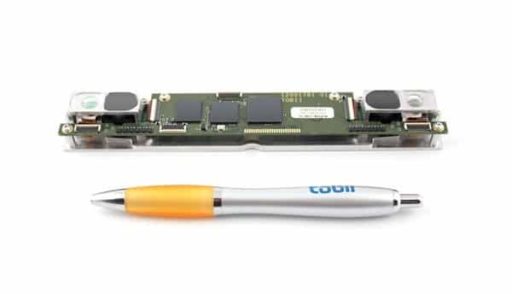Since as far back as 1908, the ‘first-sale’ doctrine has been recognized widely, admitting that if you purchase something legally, you have the right to sell it to someone else. In 1998, Supreme Court in U.S. ruled, in extension of the first-sale doctrine, that even if the sale of a product took place outside U.S., if it was made and sold in U.S., it will still be subject to first-sale rule.
However, now, a case currently under process has put the entire philosophy of first-sale into question and can pose a lot of problems to the consumers of different products.
The case in question is about a student who was receiving books from his relatives outside of U.S. The books were sold for much less in his relatives’ country, so essentially it was a cheaper way for him to access the books rather than purchasing them in U.S. The publisher of the books in question, John Wiley & Sons, felt that it was being ‘swindled’ and thus, took the student to court.
A New York federal court ruled in favor of the publisher stating that such products which were made outside of U.S. were not subject to first-sale doctrine, clearly a violation of the 1998 SC ruling.
And things don’t just end there. This poses a great dilemma to consumer electronics users because these days, most of these products are manufactured in China, something which is explicitly stated. So by the NY Federal Court’s ruling, selling an iPad made in China, to a friend in U.S. may become illegal all of a sudden.
Naturally, that’s an absurd and rather stupid stance and we can only hope that now that the case has been appealed to the Supreme Court, the court will undo the damage done and stop such a thing from happening.
Source: The Atlantic
Courtesy: Cult of Mac



